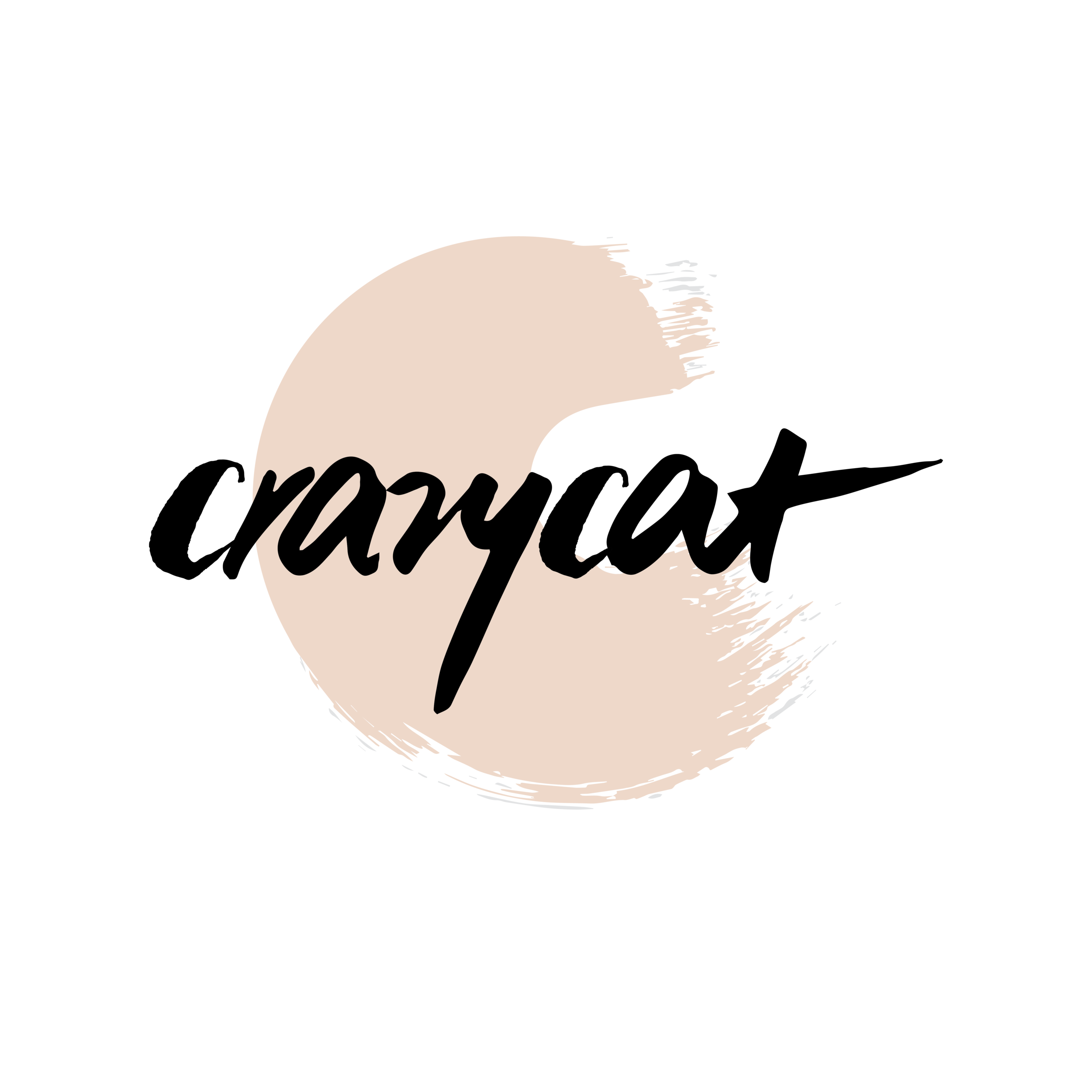3 Simple Ways To Get Started With Journaling
You don’t know what you think till you write it down.
words Revathie Dhanabalan
One of my favourite authors, Haruki Murakami finds the state of writing similar to survival training.
“When I’m in writing mode for a novel, I get up at 4:00 am and work for five to six hours. In the afternoon, I run for 10km or swim for 1500m (or do both), then I read a bit and listen to some music. I go to bed at 9:00 pm. I keep to this routine every day without variation. The repetition itself becomes the important thing; it’s a form of mesmerism. I mesmerize myself to reach a deeper state of mind. But to hold to such repetition for so long — six months to a year — requires a good amount of mental and physical strength. In that sense, writing a long novel is like survival training. Physical strength is as necessary as artistic sensitivity.” - The Paris Review, Summer 2004
For the record, I can confirm his sentiment. My mum gave me one of those lock diaries that required this tiny key. She wanted me to use it as a way to express myself since I was such an introverted child. Since then, I’ve had countless diaries/notebooks/random stuffed pages in books brimming with things I never thought of, if I hadn’t taken the time to sit with my thoughts and pen those thoughts down. This habit took years to develop as a child but it was easy to let go when ‘life got in the way’ as a young adult.
I had to rediscover journaling again.
We uncovered some of the surprising benefits and value of journaling but I realised some wish they could journal, but most have found approaching a blank page too intimidating or believe they have nothing to say. Once again, I had the same sentiment when I wanted to start journaling. The act itself somehow vague yet tough.
The Morning Practice
So, I decided to approach this in a practical and logical way (or in other words, the easiest way for me). I switched to believing that since I had nothing to say (or worthwhile to say) that would become my ideal starting point. Just simply equipped with a blank mind, a blank page, and a pen. This became the first thing I did every morning. Some people meditate, I chose to:
write a to-do list,
things I may have screwed up the day before and wanted a do-over (I tend to ruminate on specifics),
poking the corners of my mind to remember what I dreamt about or embarrassing anxieties for the day,
and the list goes on and on. I didn’t limit myself since there’s so much you can write on that blank page. You might be thinking, this doesn’t feel like journaling. Remember that you are trying to cultivate a habit and what’s better than an exercise (maybe)! But the whole point is to just get started with something simple that you know you’ve got floating around in that noggin. I did this for a whole year and when I look back, I noticed that I had started to write tidbits between the to-do lists, and that started to extend to whole pages.
Creating Basic Tools
I have a bag for all my journaling tools (per say). A $2 Daiso bag, a notebook from Kikki.K, my favourite pen from Muji, and of course paste-it notes from Kikki.K. I can’t be the only one that does this but I am a person that has a bag for all my items that will be held in a bigger bag - a bag for my bag. So, I caved into another habit that I love.
This bag sits at the corner of my table and I have everything ready and set to go all close by - no fuss, no muss. You don’t have to go to this extent but I found that building a new habit into an existing one, makes it easier for me. This had nothing to do with my creativity but it appeals to my practical side. This is just another simple way that I implemented the practice of journaling into my life. I created a mini system that worked for me.
Giving In To The Stereotype
When COVID-19 decided to peek its ugly head last year, I became the biggest procrastinator. It was also around the same time that I had quit my job. Time was something that I had plenty of but also one that I had misused terribly (to be honest) and that started eating away at me. You know that feeling that’s been drilled into us since we were young, even with napping - it’s all a waste of time if you don’t use time or your day appropriately. The perfectionist in me (that’s been there since I was a kid) also started to rear its ugly head. I just needed to find a way to make myself feel like I was utilising my time well but according to my rules.
This was one of the moments when I decided to journal. I had decided to ‘give in’ to that ugly feeling, turn it around, and with whatever time I had (doing nothing in particular), I will journal. That brings me back to my first step, The Morning Practice. The simple act of doing this step created this domino effect where every other step of the day became a sort of ‘effective and productive’ day. I caved in to the stereotype that was drilled into me since I was a child but in a way that worked for me.
If you notice, these three steps are rather simple at the onset but these did work for me personally. Do you practice journaling or writing? Or do you have other ways to implement it?




